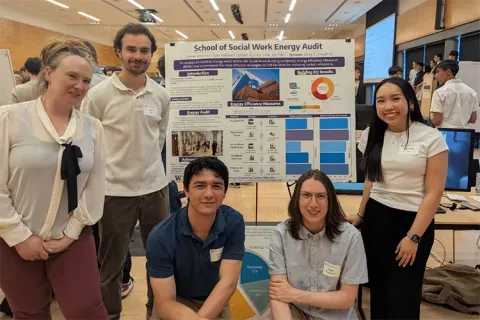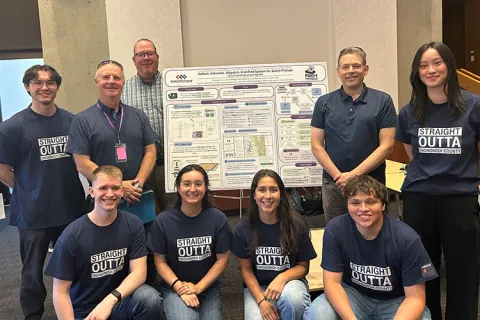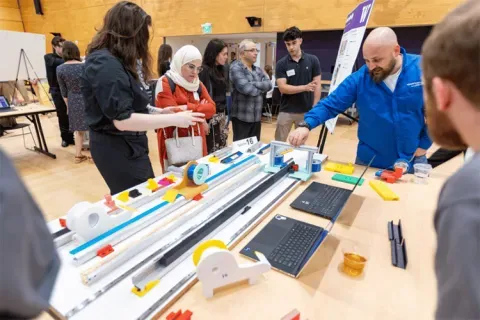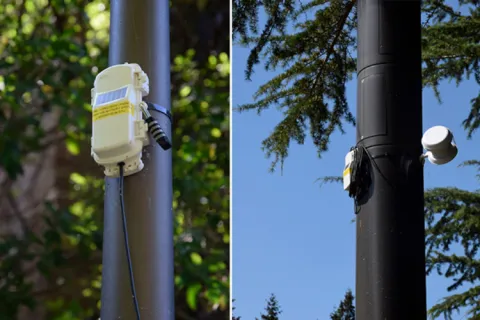Empowered Startups
Using Unmanned Aerial Systems (Drones) to Predict, Detect, and/or Manage Climate Events
This student team attempted to create a unmanned aerial vehicle (drone) prototype that governments and agencies can use to feed data into a remote software. This drone could have sensors that will detect conditions in the environment (i.e. wind, speed, moisture or temperature) and shares that data to assist in efforts to predict, identify and/or manage climate disasters and to deliver help and supplies to survivors (i.e. deliver medical supplies to survivors in remote locations, trigger water supply changes, or emergency relief). An example of such a technology that exists is the Internet-of-Things (Iot) being used to help predict forest fires. Relevance: The climate emergency has intensified with extreme weather events becoming more frequent and powerful. In 2022 alone, the U.S. experienced extreme tornadoes and heat, in Southern Europe extreme droughts caused water bodies to dry up, and Pakistan experienced the worst flooding in the nation's history brought on by a massive monsoon that blanketed a third of the country under water triggering a massive crisis.
Faculty Adviser(s)
Alvar Saenz Otero, Aeronautics & Astronautics
Related News

Mon, 10/13/2025 | UW Mechanical Engineering
Capstone collaboration leads to award
An ME capstone team received first place for its energy audit of the UW School of Social Work building.

Thu, 07/17/2025
UW engineering students develop smart ballot solution
UW engineering students develop smart technology solution to improve ballot collection for Snohomish County.

Mon, 07/07/2025 | UW Mechanical Engineering
Capstone creations
Students displayed innovative capstone design projects at the 2025 expo.

Fri, 09/20/2024 | UW Civil & Environmental Engineering
Smarter irrigation for a greener UW
A new project combines satellite data with ground sensors to conserve water and create a more sustainable campus environment.